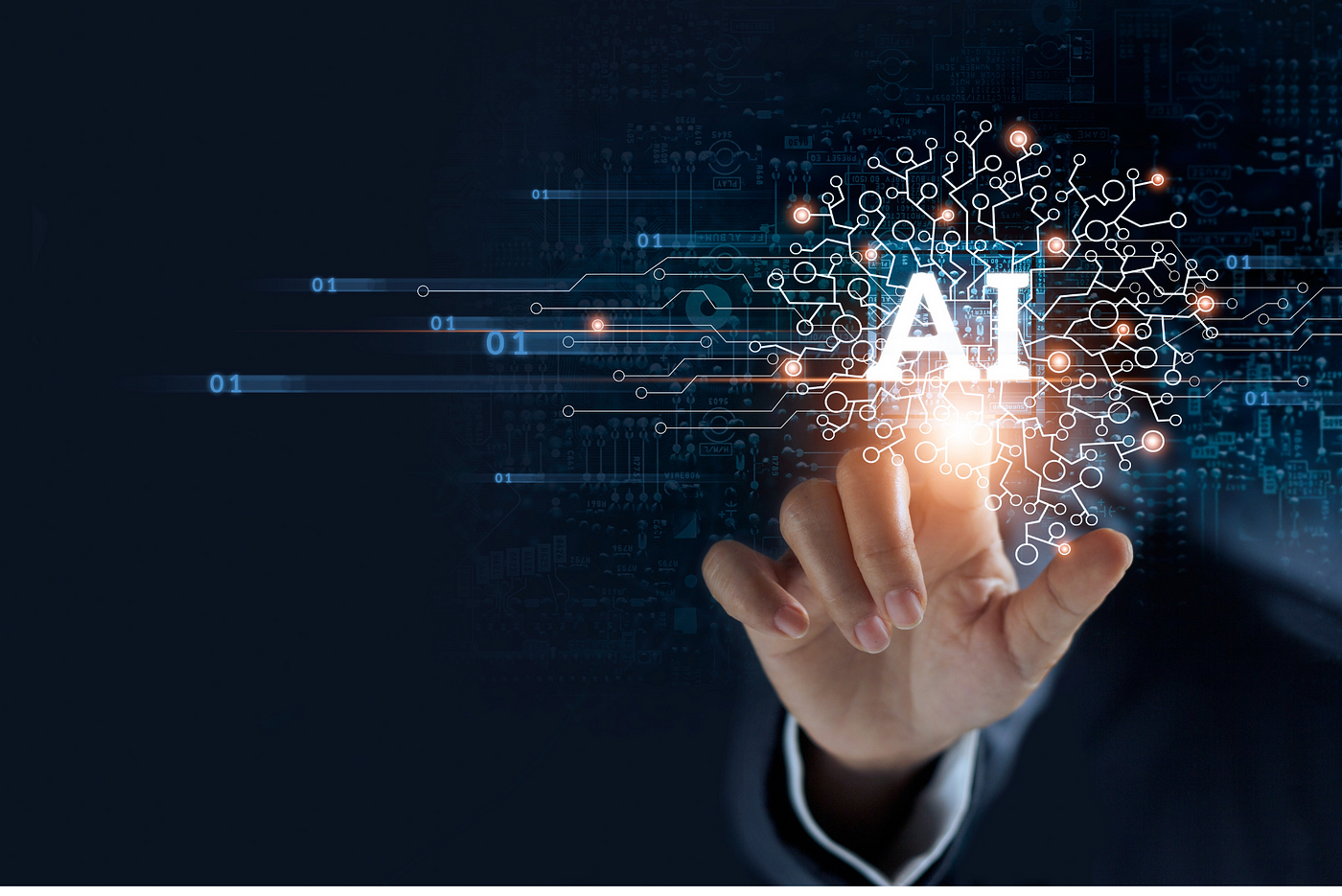
Artificial Intelligence (AI) has emerged as a transformative force, impacting nearly every facet of our lives, from the way we conduct business to the way we interact with society. As AI technologies continue to advance at an unprecedented pace, they are reshaping industries, improving efficiency, and opening new possibilities that were once the stuff of science fiction. In this blog, we’ll explore how AI is revolutionizing business and society, driving innovation, and addressing challenges.
AI in Business
Enhanced Decision-Making
Artificial Intelligence enables businesses to make smarter and faster decisions by analyzing large volumes of data with precision. Machine learning algorithms can uncover hidden patterns and valuable insights that humans might overlook. As a result, organizations can make data-driven decisions, improve strategies, and boost profitability.
Improved Customer Experience
AI is transforming customer service through tools like chatbots, virtual assistants, and recommendation engines. These technologies offer personalized interactions, quick responses, and efficient solutions to customer queries, ultimately improving user satisfaction and building brand loyalty.
Automation and Efficiency
AI-driven automation is revolutionizing industries such as manufacturing, logistics, and finance. Robotic Process Automation (RPA) and intelligent software bots handle repetitive and time-consuming tasks, reducing human error and increasing operational efficiency. This allows employees to focus on more creative and strategic work.
Predictive Maintenance
In manufacturing and industrial sectors, AI-powered predictive maintenance helps reduce unexpected equipment failures. By analyzing sensor data, AI can predict equipment issues in advance, minimizing downtime and cutting maintenance costs.
Supply Chain Optimization
AI enhances supply chain management by forecasting demand, optimizing inventory, and streamlining logistics. Businesses can reduce operational costs while improving delivery efficiency and customer satisfaction.
AI in Society
Healthcare Transformation
AI is playing a vital role in the healthcare sector, from accelerating medical research to improving patient care. It helps doctors analyze medical images, detect diseases earlier, and design personalized treatment plans. AI-powered telemedicine platforms are also expanding access to healthcare in rural and underserved regions.
Education and Personalized Learning
AI-based learning platforms adapt to each student’s learning pace and style, offering personalized educational experiences. This improves learning efficiency and helps educators better track student progress.
Public Safety and Security
AI is being used in surveillance systems, facial recognition technologies, and predictive policing tools to maintain public safety. These systems help law enforcement analyze data, prevent crime, and allocate resources more effectively.
Environmental Sustainability
AI contributes to environmental protection by monitoring climate patterns, predicting natural disasters, and optimizing energy consumption. It also helps manage resources efficiently and supports sustainability initiatives.
Smart Cities
Through AI, cities are becoming smarter and more efficient. AI helps manage traffic, reduce energy waste, and improve waste management systems. This results in better transportation, cleaner environments, and improved urban living conditions.
Challenges and Ethical Concerns
Despite its benefits, AI poses significant challenges and ethical issues. These include concerns about data privacy, job losses due to automation, algorithmic bias, and the misuse of AI in sensitive areas. Ensuring responsible and transparent use of AI is essential.
Conclusion
Artificial Intelligence is transforming both business and society on a global scale. Its potential to improve efficiency, innovation, and quality of life is immense. However, to fully benefit from AI, it is crucial to address its challenges responsibly and ethically. With the right balance, AI can drive sustainable development and shape a smarter, more inclusive future.
